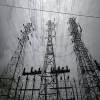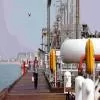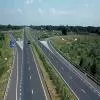
This is clearly one of the most challenging assignments I have held
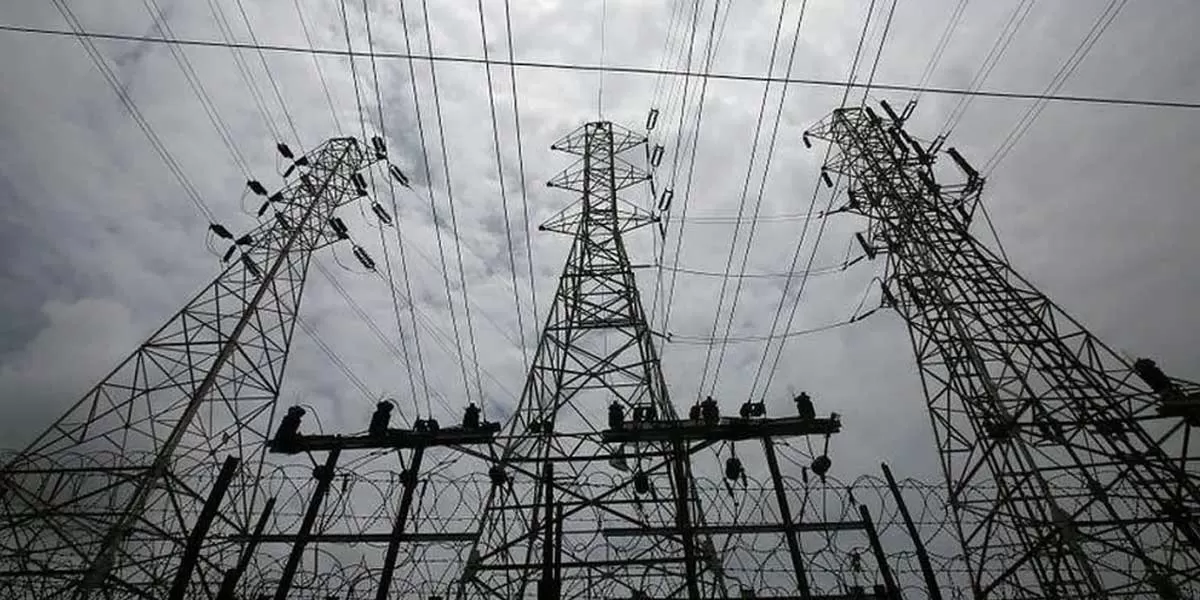
Greaves Electric Mobility Files for IPO
Electric-vehicle manufacturer Greaves Electric Mobility has announced plans to raise Rs 10 billion through an initial public offering (IPO), as stated in its draft papers filed. The company, recognised for its 'Ampere' brand of electric scooters, also produces three-wheelers under a separate brand. Greaves Electric’s major shareholders, Greaves Cotton—a publicly listed entity—and investment firm Abdul Latif Jameel Green Mobility Solutions, will collectively sell approximately 189.4 million shares through the IPO. This move positions Greaves Electric alongside larger competitor Ather En..
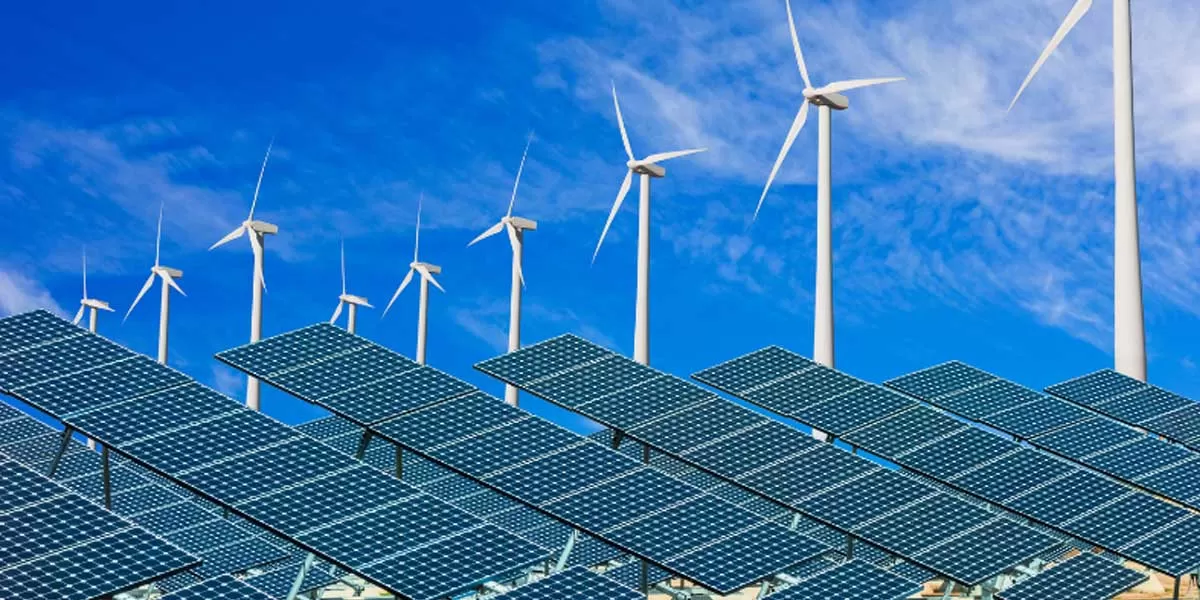
IREDA Approves Rs 30 Billion for Odisha's Renewable Energy Projects
Indian Renewable Energy Development Agency (IREDA) has approved funding exceeding Rs 30 billion for renewable energy projects in Odisha as the state strives to achieve its goal of 10 GW capacity by 2030. Pradip Kumar Das, Chairman and Managing Director of IREDA, shared this update during the Odisha Solar Investor Conclave organised by GRIDCO. He emphasised that accessible financing is crucial to fostering the adoption of renewable energy. Das outlined IREDA's significant contributions to funding renewable energy projects in Odisha, spanning sectors such as solar, hydro, ethanol, and renewable..
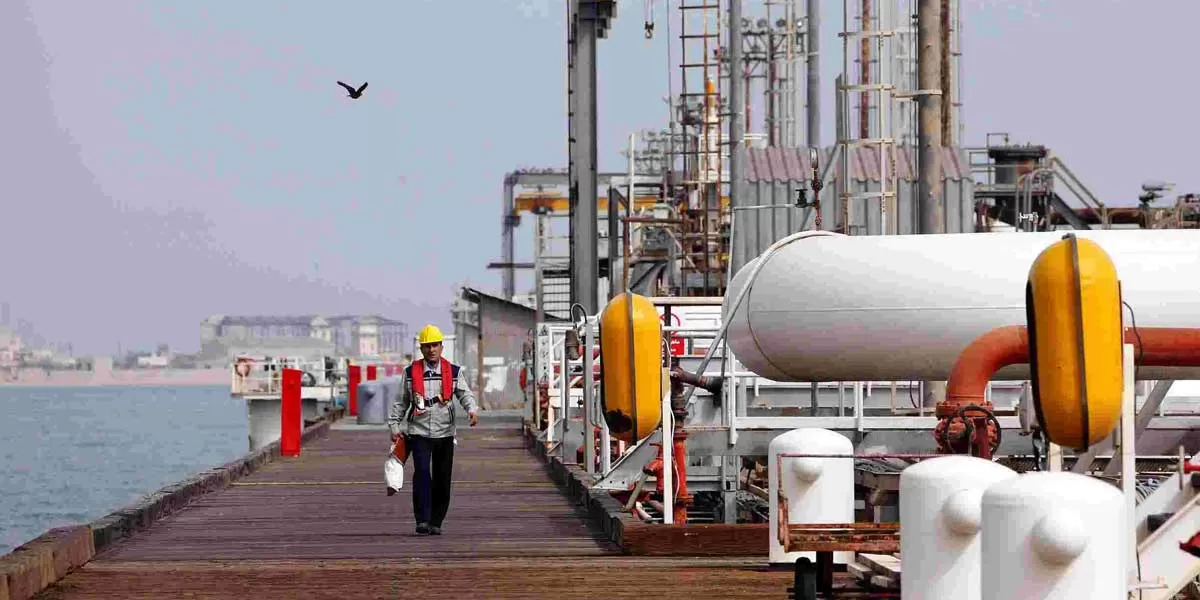
Oil Prices Rise Amid Light Pre-Christmas Trading
Oil prices edged higher during light trading ahead of the Christmas Day holiday. The increase was attributed to positive US economic data and growing oil demand in India, the third-largest importer of oil globally. Brent crude futures rose by 33 cents, or 0.45 per cent, to reach $72.95 per barrel, while US West Texas Intermediate (WTI) crude futures gained 29 cents, or 0.42 per cent, settling at $69.53 per barrel as of 0114 GMT. Economic indicators in the United States highlighted a surge in new orders for key manufactured capital goods in November, driven by robust demand for machinery. Add..



